Nvidia rolls out AI platform across NHS hospitals
The platform ensures that patient data never leaves the hospital trust when an AI algorithm analyses medical records

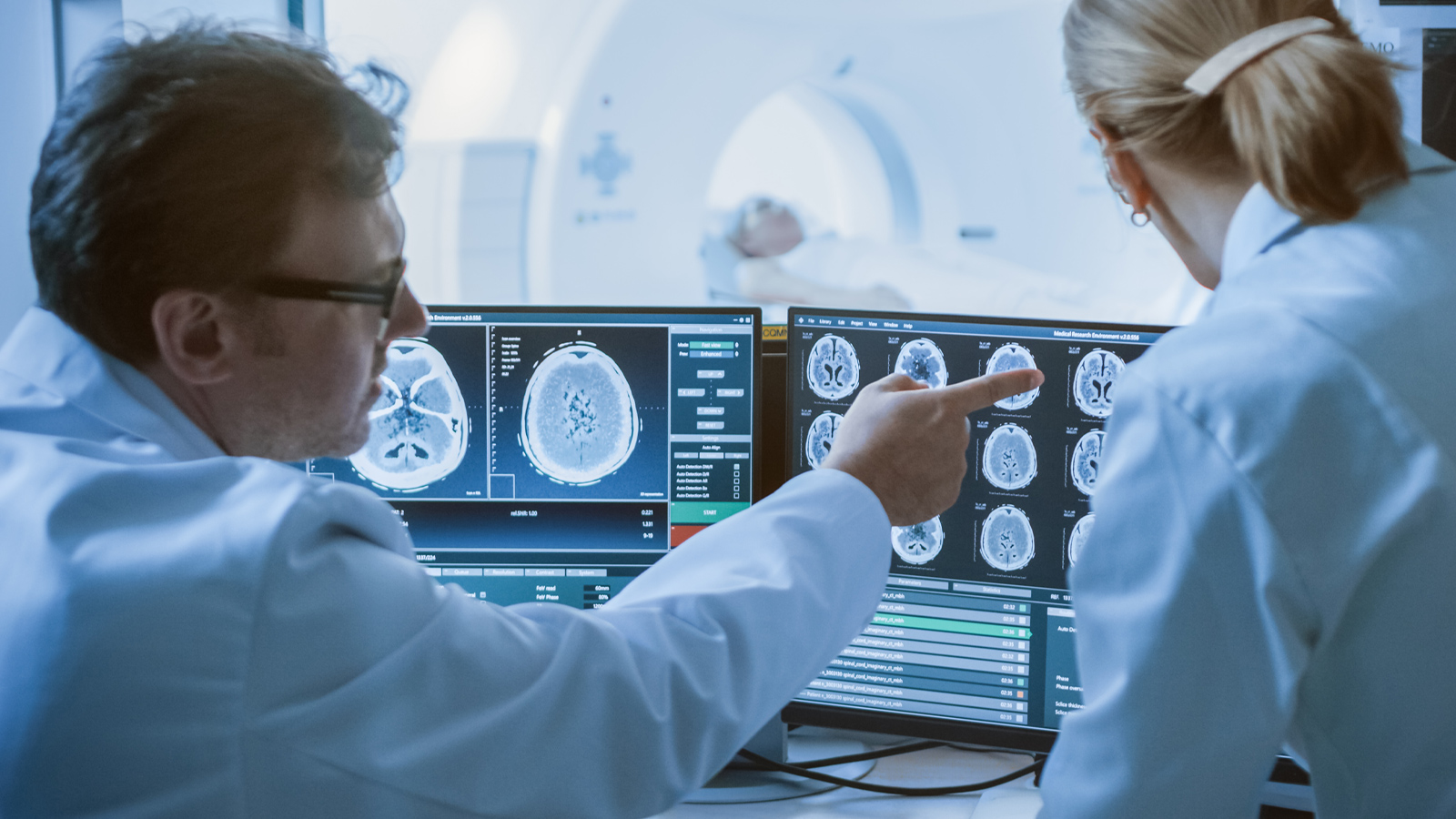
Sign up today and you will receive a free copy of our Future Focus 2025 report - the leading guidance on AI, cybersecurity and other IT challenges as per 700+ senior executives
You are now subscribed
Your newsletter sign-up was successful
Nvidia has partnered with ten National Health Service (NHS) Trusts to roll out its AI platform across UK hospitals.
The AI Deployment Engine (AIDE) platform will provide AI-enabled disease detection tools to healthcare professionals to help them diagnose and treat cancers, dementia, strokes, and other conditions.
It’s currently being deployed at Guy’s and St Thomas’s, King’s College Hospital, East Kent Hospital University, and University College London Hospitals NHS Foundation Trusts, where it will serve 5 million patients a year.
A total of 11 NHS hospitals are expected to be using the platform by the end of 2023, raising the number of patients served to 18 million.
The new platform will help clinicians have more information about their patients, aiming to make the data about their health more accessible and interoperable, and meet the ultimate goal of improving patient care.
Nvidia's AI platform is built on MONAI, an open source medical imaging AI framework co-developed by Nvidia and the AI Centre for Value Based Healthcare, a group of hospitals, universities, and partners.
The chip giant said that MONAI helps reduce the complexity of medical workflows and aids developers in building and deploying AI applications.
Sign up today and you will receive a free copy of our Future Focus 2025 report - the leading guidance on AI, cybersecurity and other IT challenges as per 700+ senior executives
RELATED RESOURCE
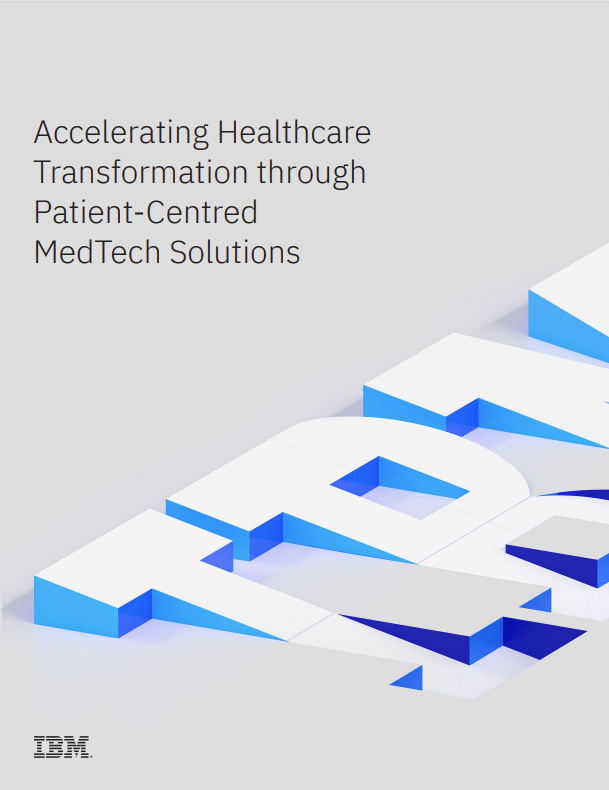
Accelerating healthcare transformation through patient-centred medtech solutions
Seize the digital transformation opportunities to streamline patient care and optimise patient outcomes
Using the framework has enabled clinics to more easily interpret medical exams and discover more information about patients. In the UK, MONAI is currently used by Guy’s and St Thomas’ Hospital and King’s College Hospital due to its ability to streamline AI model building.
“Deployment of this infrastructure for clinical AI tools is a hugely exciting step in integrating AI into healthcare services,” said James Teo, professor of neurology and data science at King’s College Hospital NHS. “These platforms will provide a scalable way for clinicians to deploy healthcare AI tools to support decision-making to improve the speed and precision of patient care. This is the start of a digital transformation journey with strong, safe and open foundations.”
“Across the healthcare ecosystem, researchers, hospitals, and startups are realising the power of incorporating a streamlined AI pipeline into their work,” said Haris Shuaib, AI transformation lead at the AI Centre. “The open-source MONAI ecosystem is standardising hundreds of AI algorithms for maximum interoperability and impact, enabling their deployment in just a few weeks instead of three-to-six months.”
Currently, the AI Centre has developed algorithms to improvise COVID-19 diagnosis, brain tumours, breast cancer, dementia risk, and stroke detection.
AIDE is able to connect AI algorithms, that have been approved, to a patient’s medical record, and the data never leaves the hospital trust, according to Nvidia. Once analysed, the data is sent back to the electronic healthcare record.
Nvidia also revealed that AIDE's will be open sourced and is set to be published to GitHub on 7 December 2022.
Zach Marzouk is a former ITPro, CloudPro, and ChannelPro staff writer, covering topics like security, privacy, worker rights, and startups, primarily in the Asia Pacific and the US regions. Zach joined ITPro in 2017 where he was introduced to the world of B2B technology as a junior staff writer, before he returned to Argentina in 2018, working in communications and as a copywriter. In 2021, he made his way back to ITPro as a staff writer during the pandemic, before joining the world of freelance in 2022.
-
 Serving the needs of SMEs starts with vendors delivering partner success programs
Serving the needs of SMEs starts with vendors delivering partner success programsIndustry Insights Why vendors must support partners with SME-tailored solutions and collaborative programs if they are to succeed
-
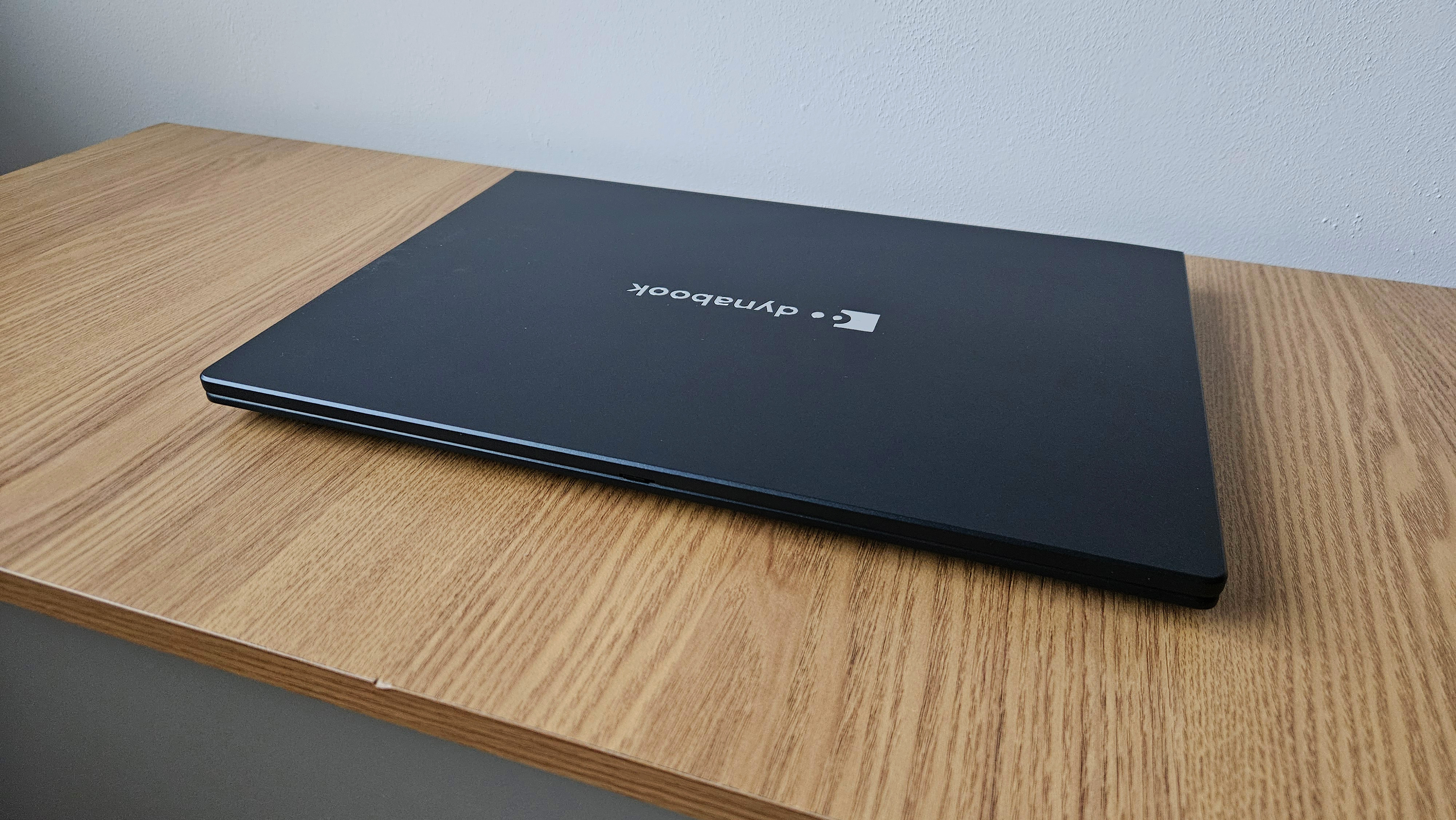 Dynabook Tecra A65-M review
Dynabook Tecra A65-M reviewReviews This 16-inch machine is light and portable, offering good connectivity and performance that render it punchy for its price
-
 How Dragon Copilot is helping clinicians spend more time with their patients
How Dragon Copilot is helping clinicians spend more time with their patientsCase study The Dragon Copilot AI tool is offloading some of the administrative burden of clinicians at an NHS teaching hospital, improving productivity and allowing clinicians to focus on their patients
-
 HPE and Nvidia launch first EU AI factory lab in France
HPE and Nvidia launch first EU AI factory lab in FranceNews The facility will let customers test and validate their sovereign AI factories
-
 Dell Technologies doubles down on AI with SC25 announcements
Dell Technologies doubles down on AI with SC25 announcementsAI Factories, networking, storage and more get an update, while the company deepens its relationship with Nvidia
-
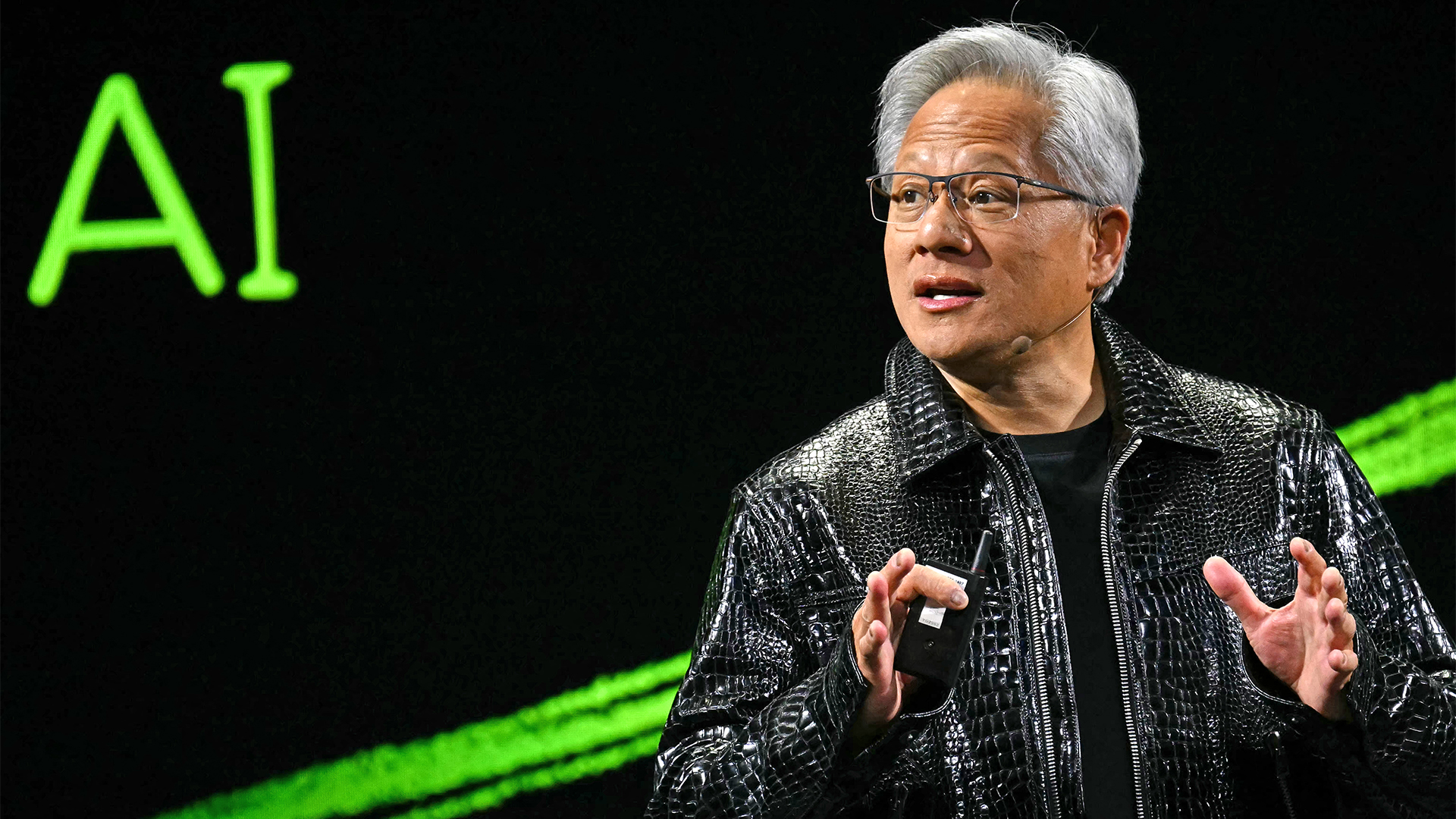 Nvidia CEO Jensen Huang says future enterprises will employ a ‘combination of humans and digital humans’ – but do people really want to work alongside agents? The answer is complicated.
Nvidia CEO Jensen Huang says future enterprises will employ a ‘combination of humans and digital humans’ – but do people really want to work alongside agents? The answer is complicated.News Enterprise workforces of the future will be made up of a "combination of humans and digital humans," according to Nvidia CEO Jensen Huang. But how will humans feel about it?
-
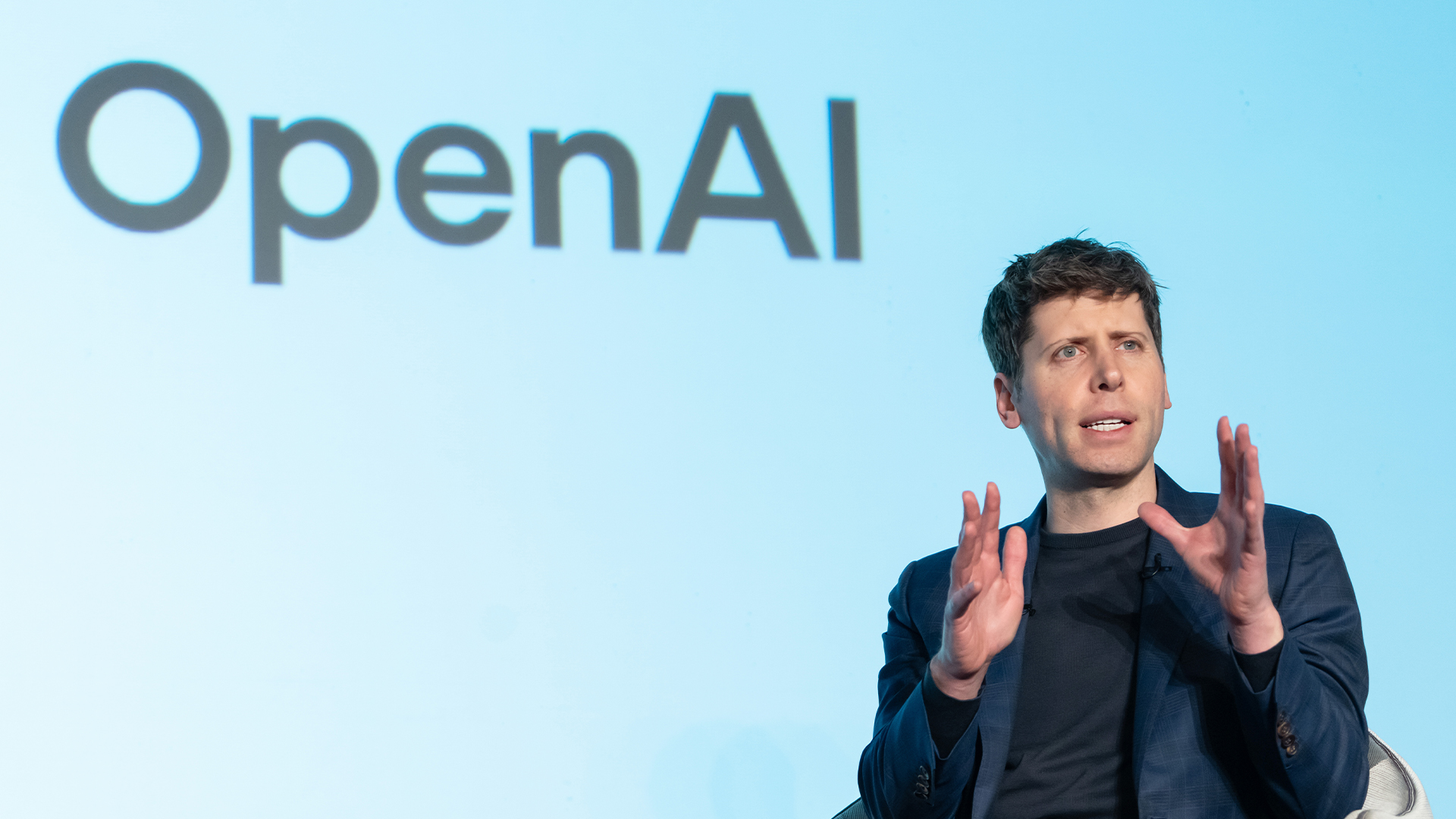 OpenAI signs another chip deal, this time with AMD
OpenAI signs another chip deal, this time with AMDnews AMD deal is worth billions, and follows a similar partnership with Nvidia last month
-
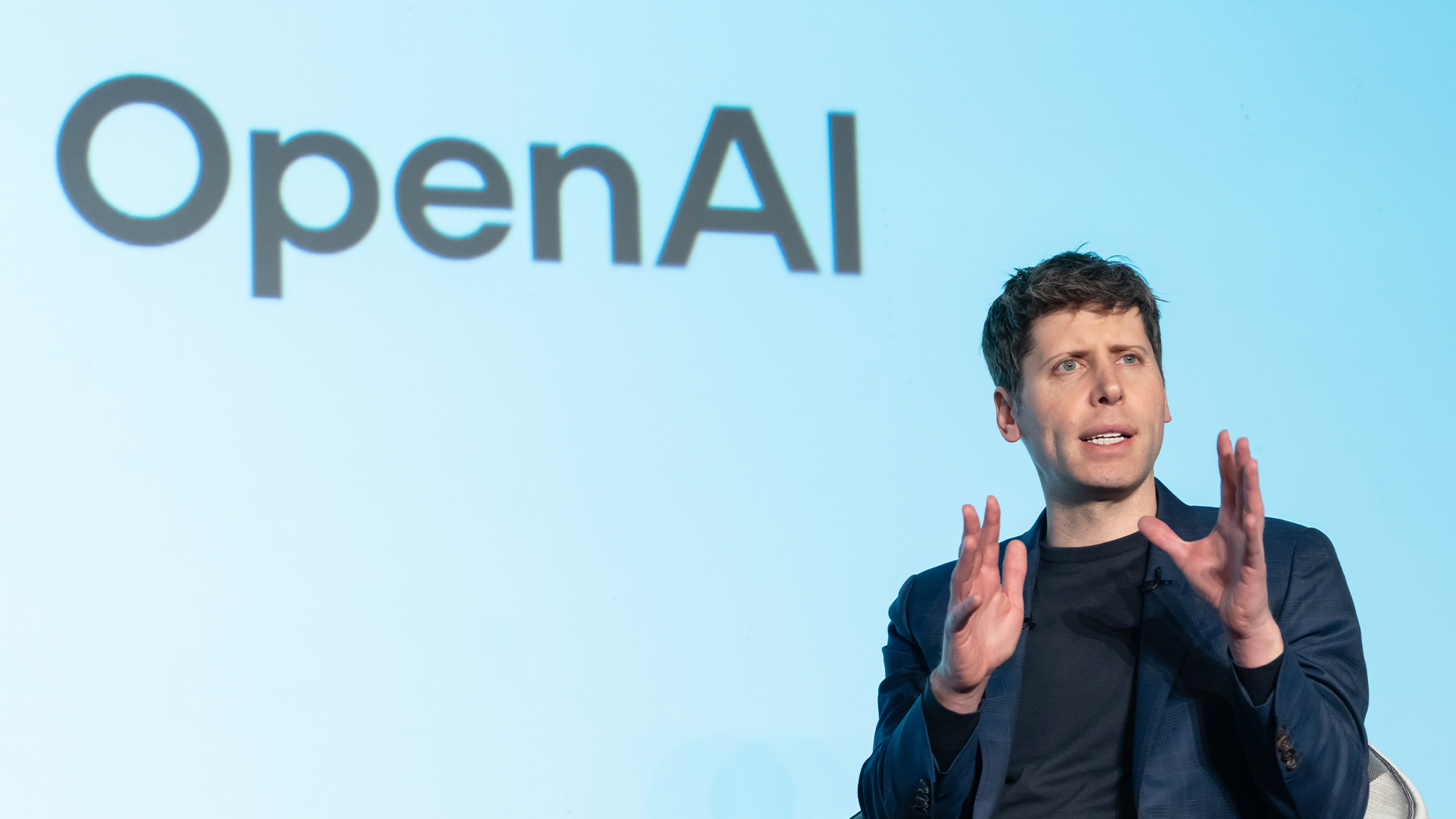 Why Nvidia’s $100 billion deal with OpenAI is a win-win for both companies
Why Nvidia’s $100 billion deal with OpenAI is a win-win for both companiesNews OpenAI will use Nvidia chips to build massive systems to train AI
-
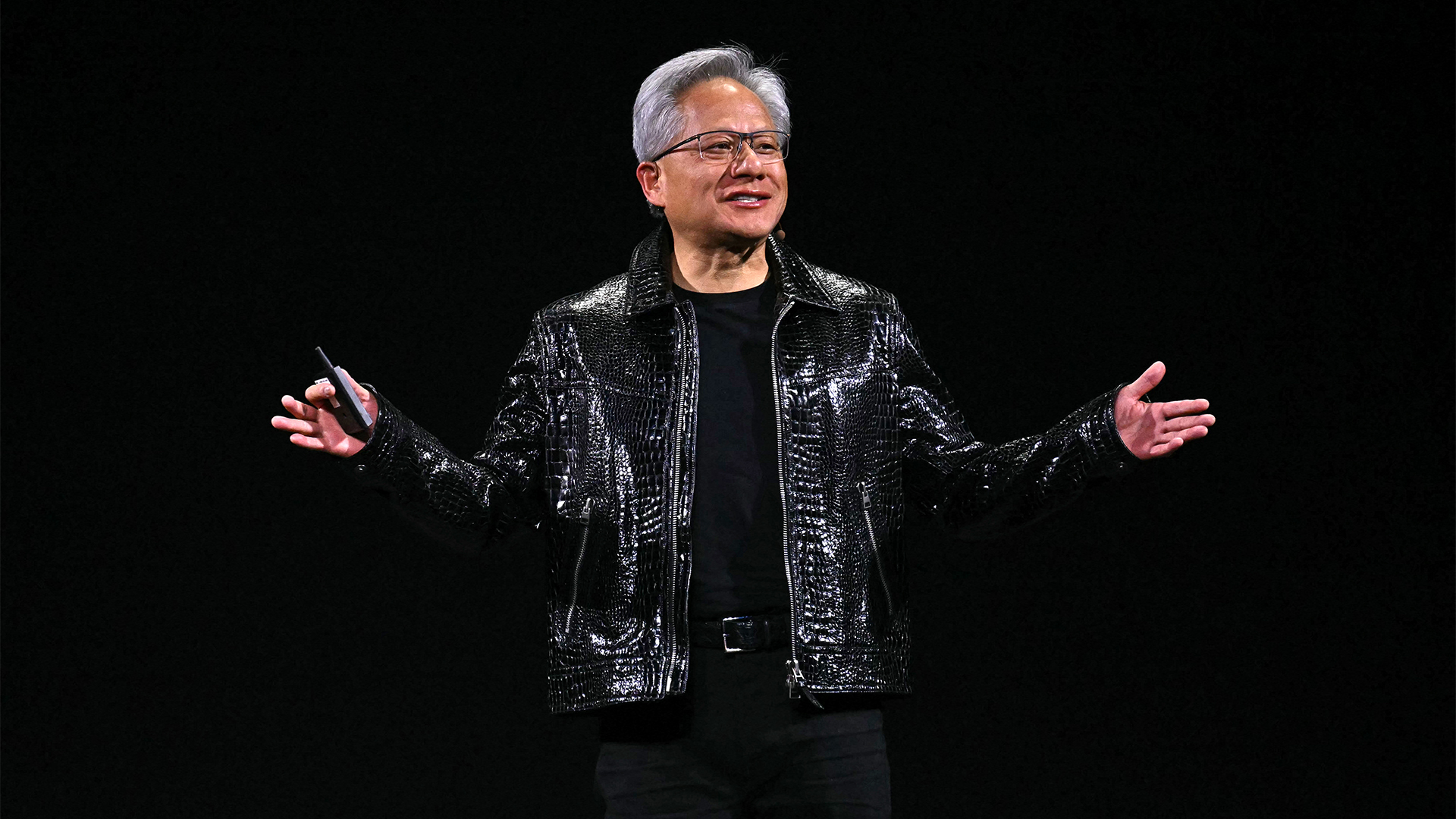 Jensen Huang says 'the AI race is on' as Nvidia shrugs off market bubble concerns
Jensen Huang says 'the AI race is on' as Nvidia shrugs off market bubble concernsNews The Nvidia chief exec appears upbeat on the future of the AI market despite recent concerns
-
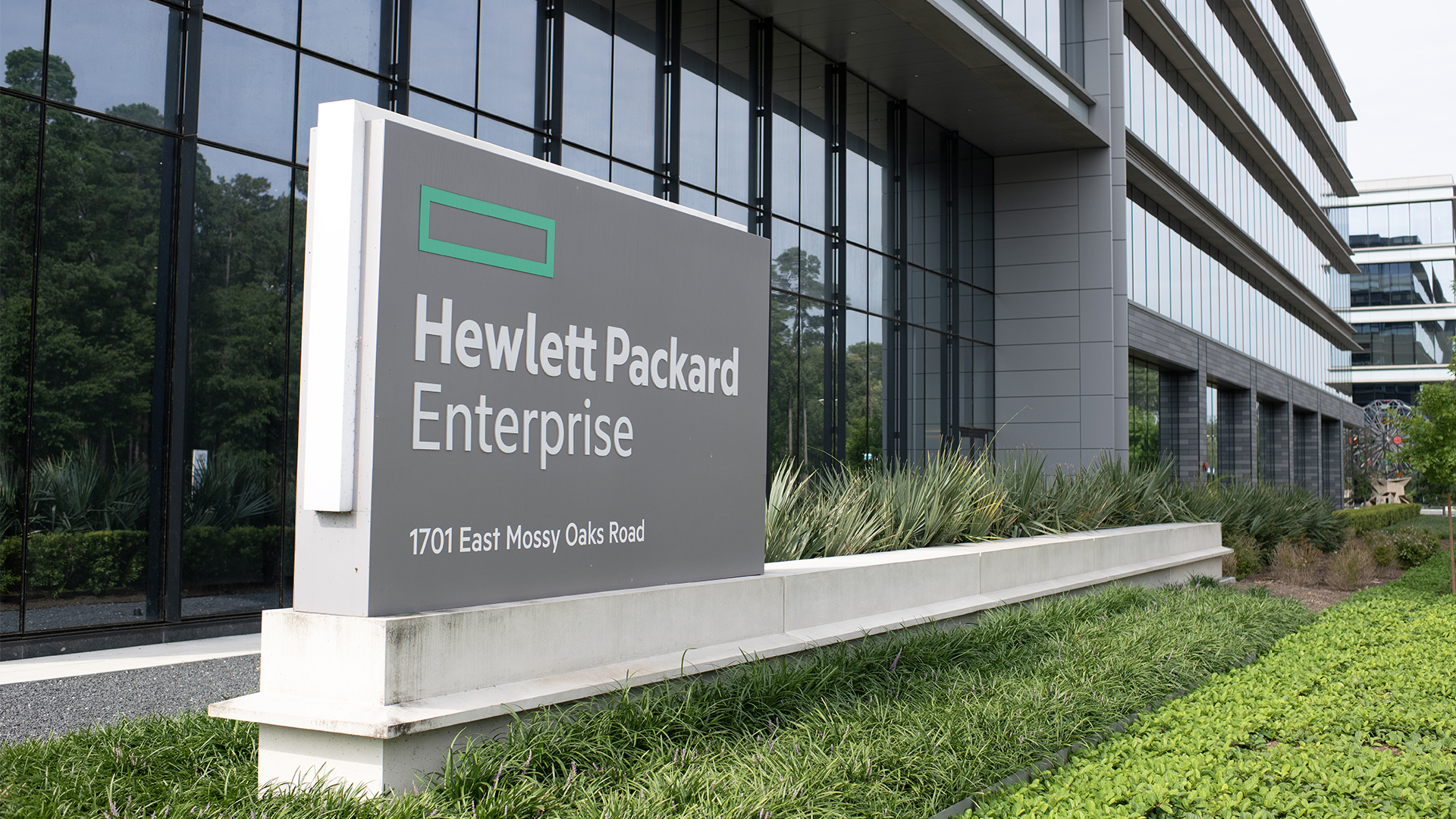 HPE's AI factory line just got a huge update
HPE's AI factory line just got a huge updatenews New 'composable' services with Nvidia hardware will allow businesses to scale AI infrastructure
